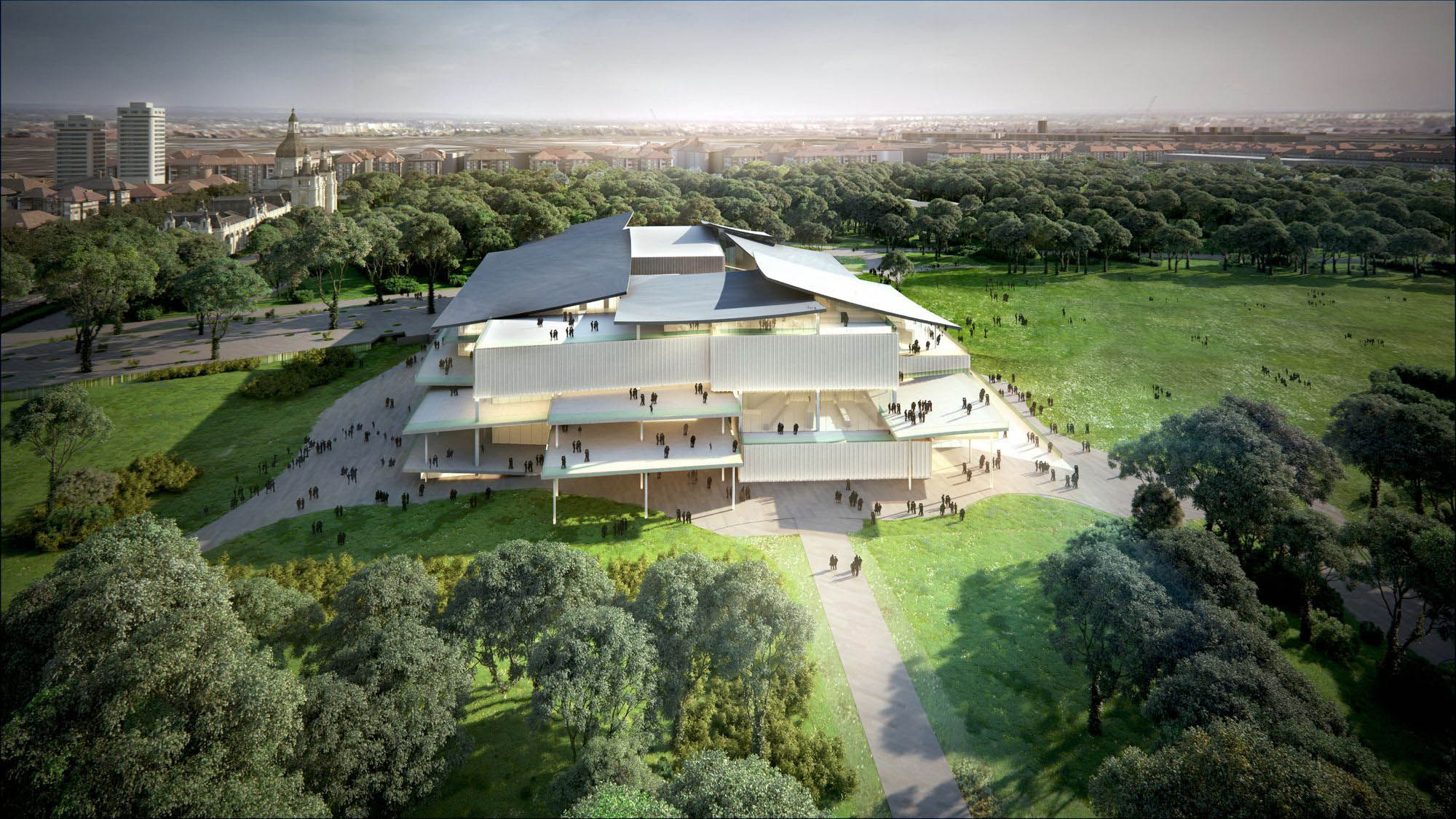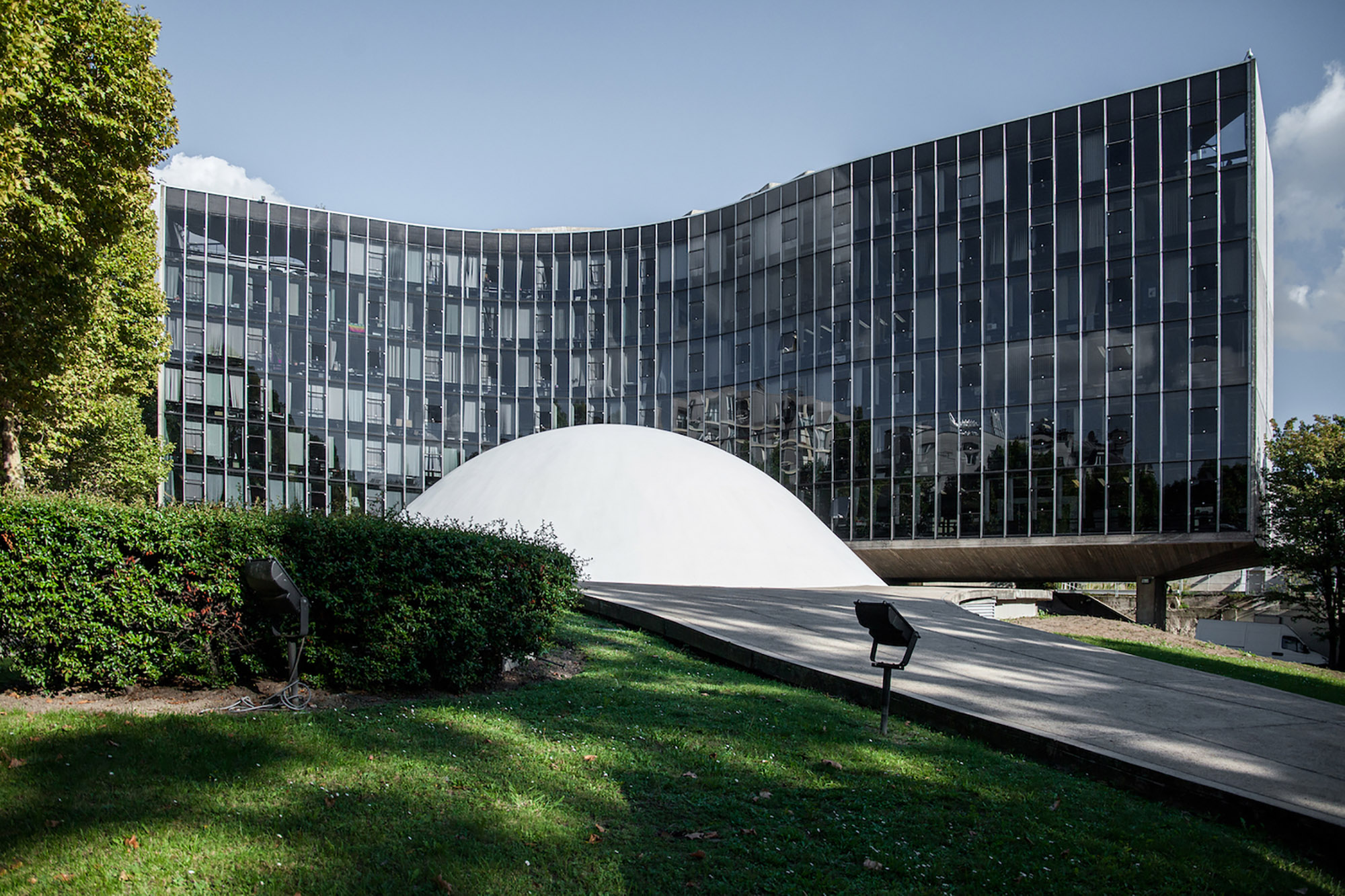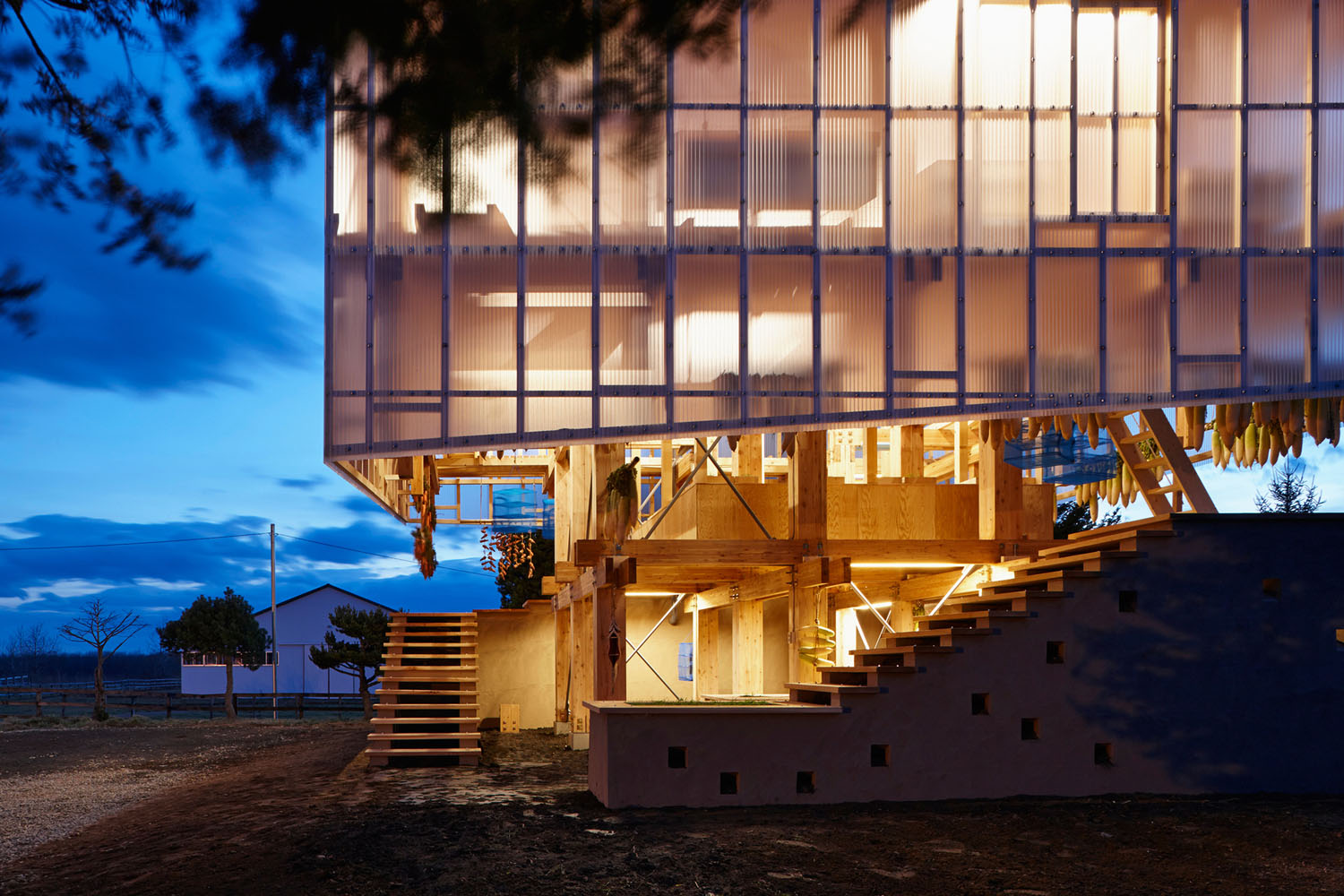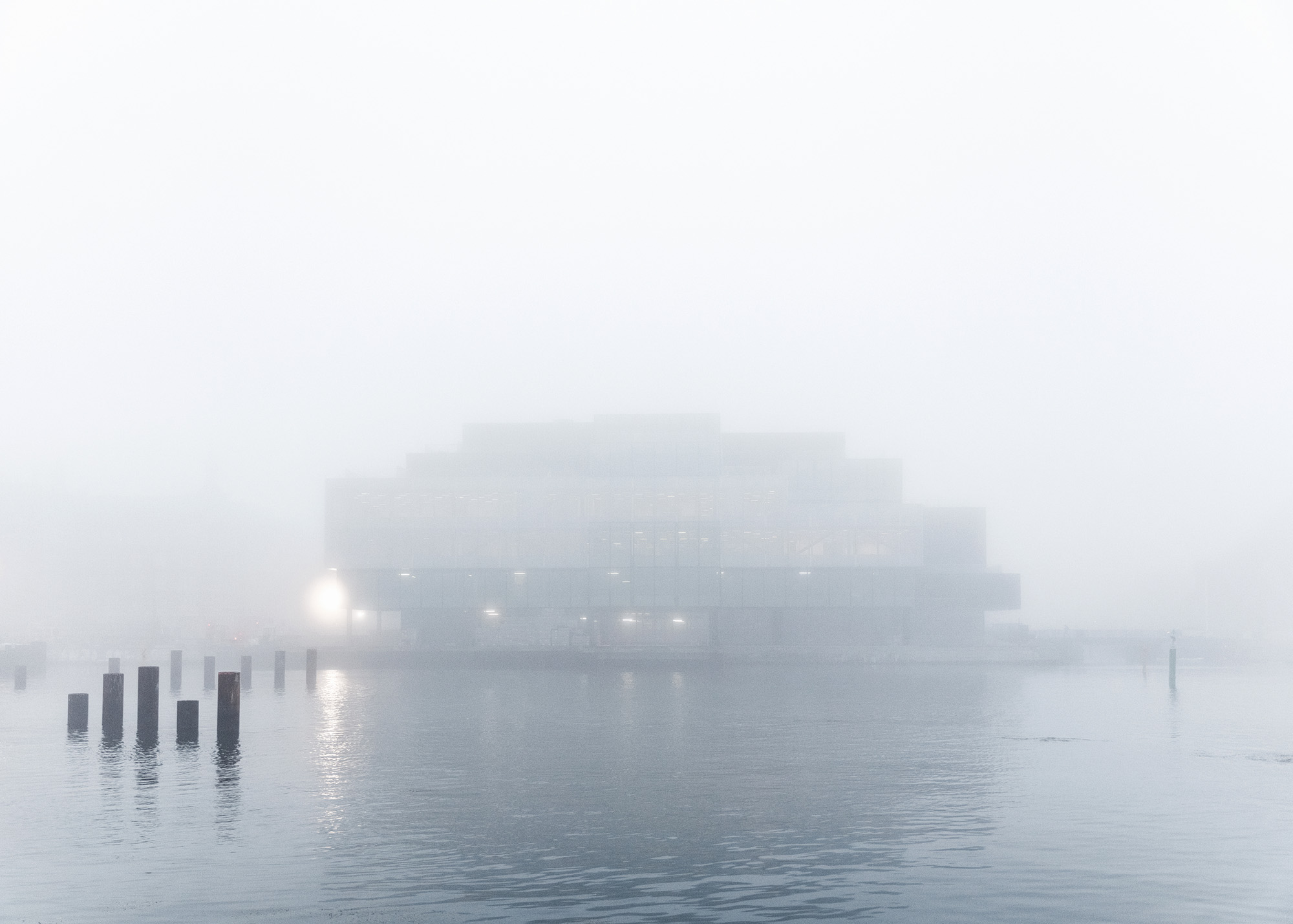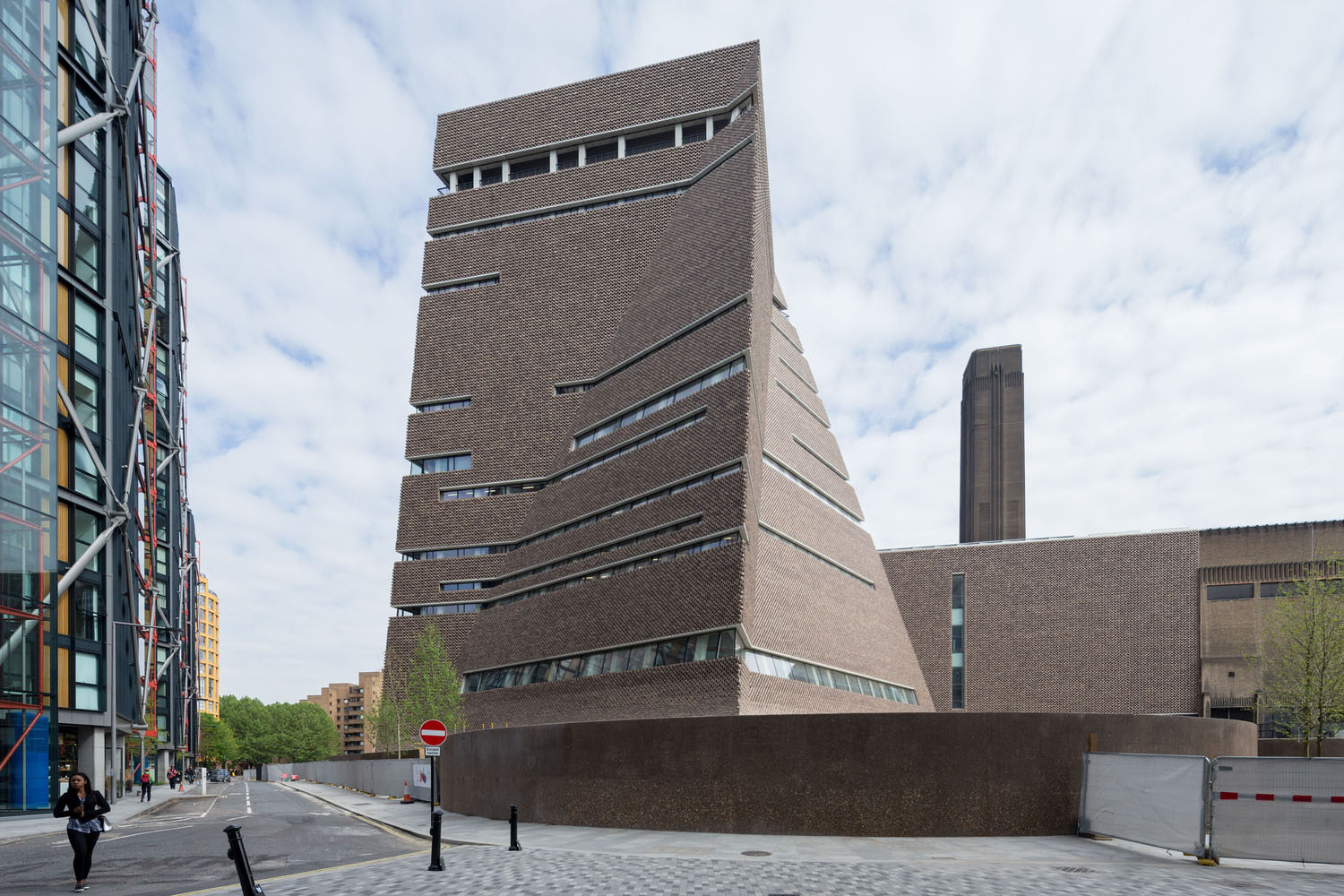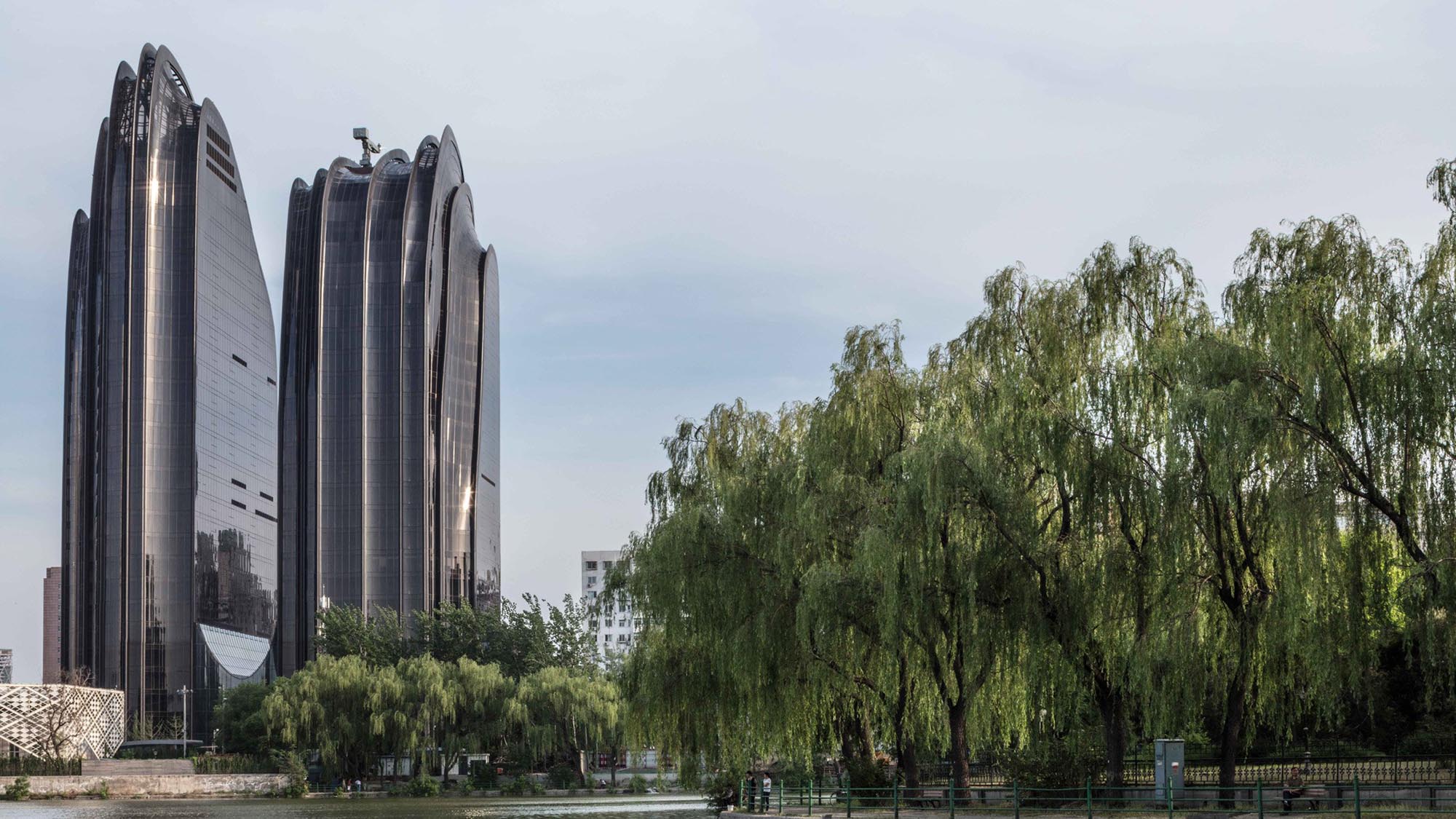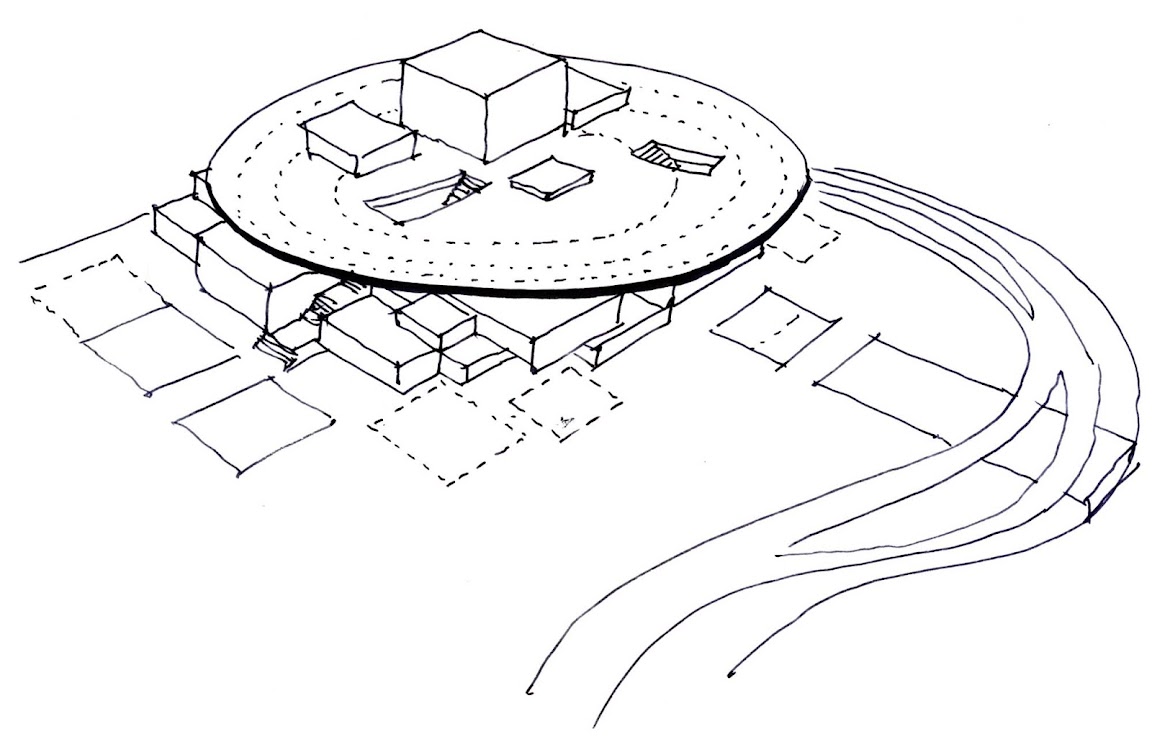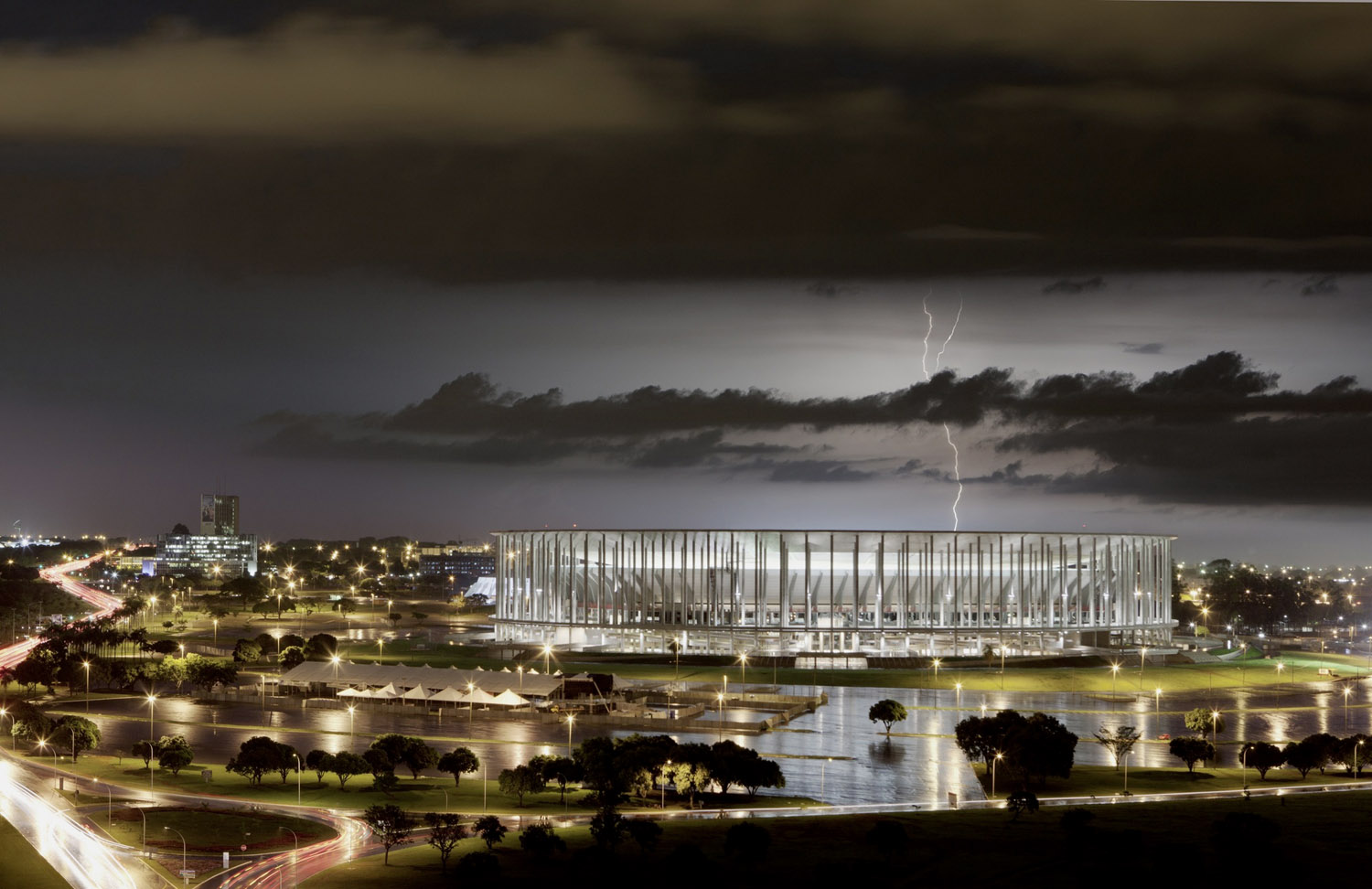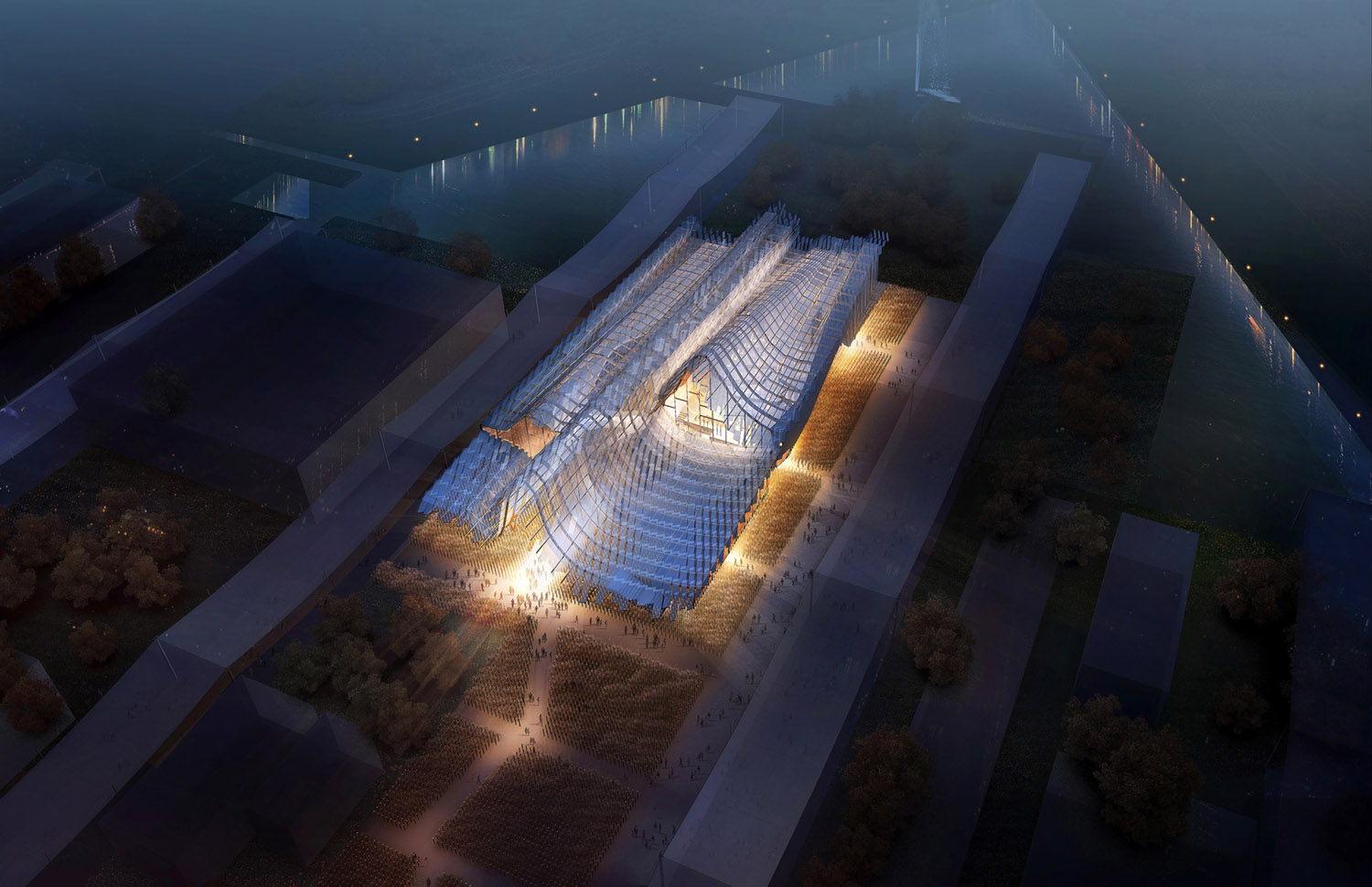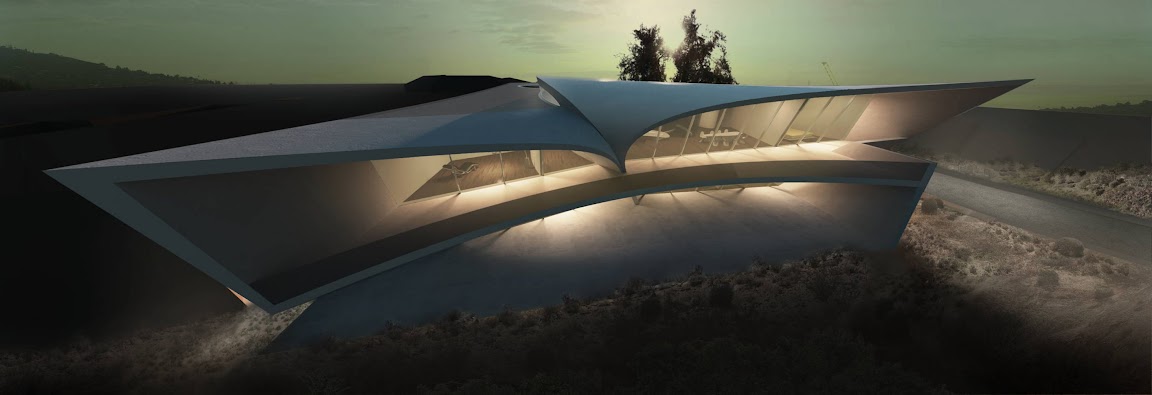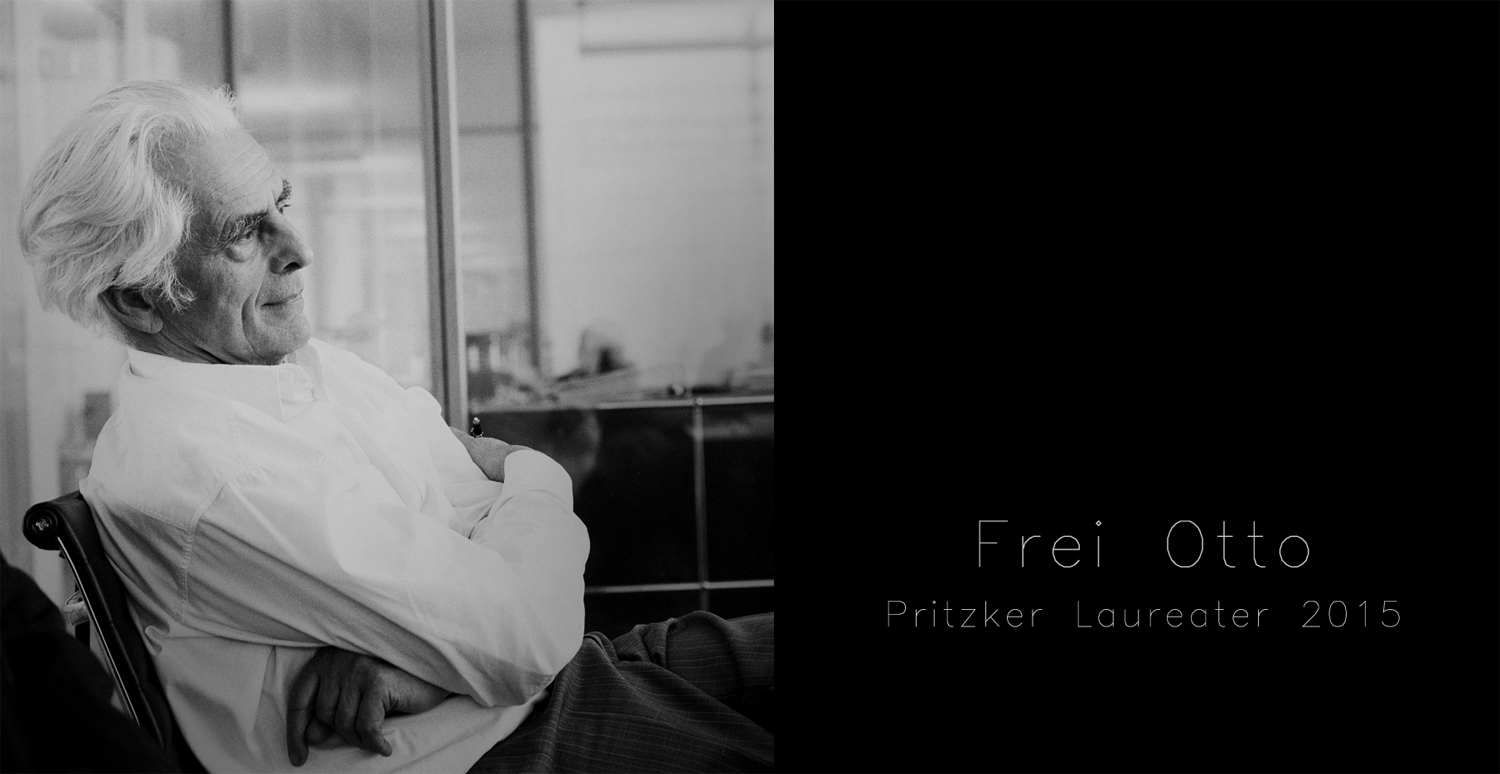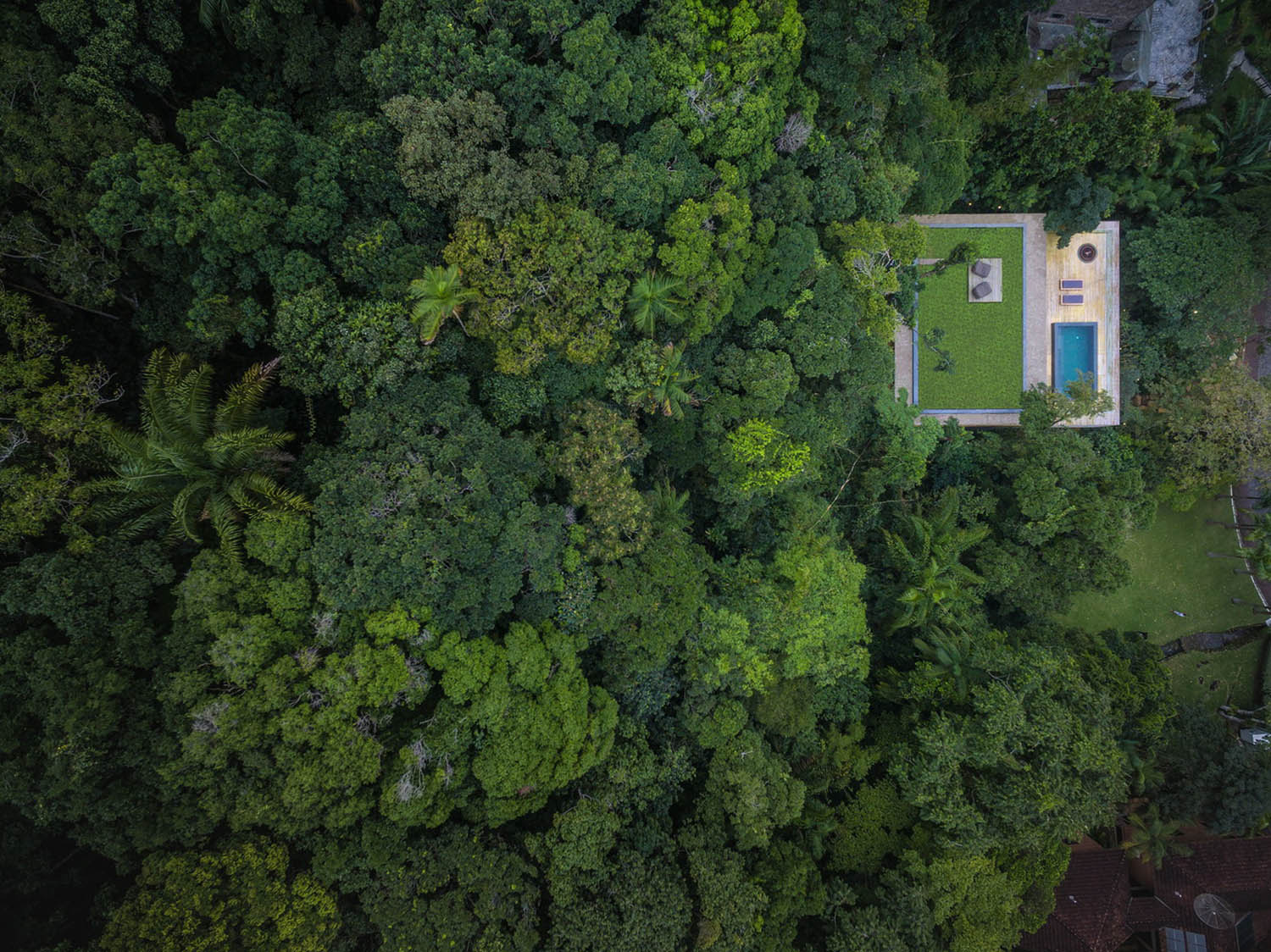University of Iowa School for Art design by Steven Holl Architects #architecture
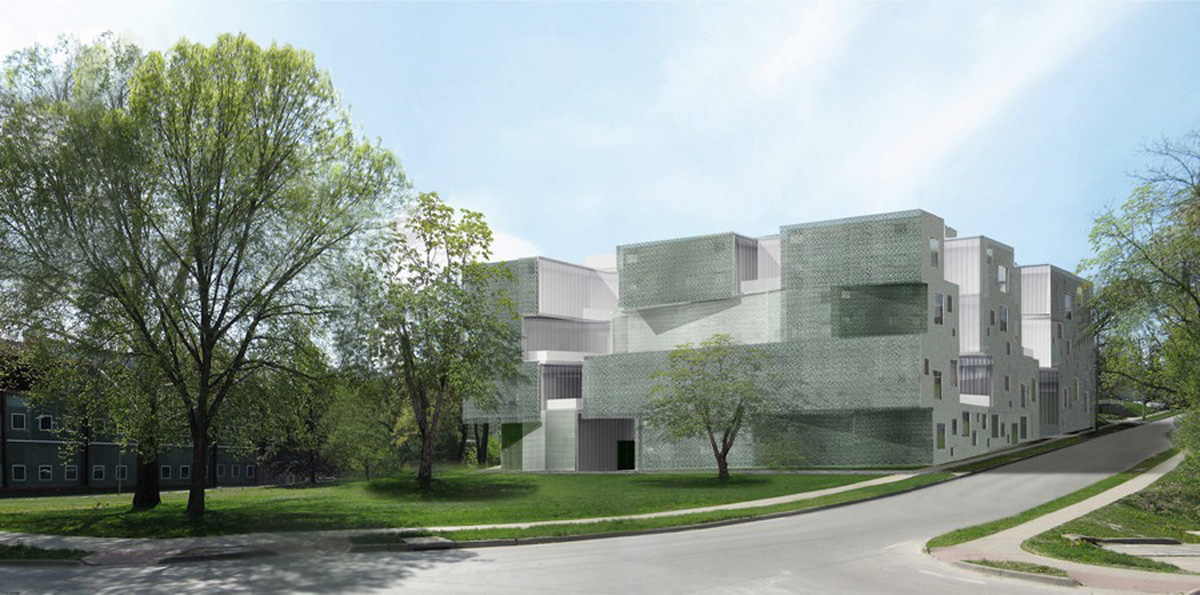 ©Steven Holl Architects/BNIM Architects
©Steven Holl Architects/BNIM Architects 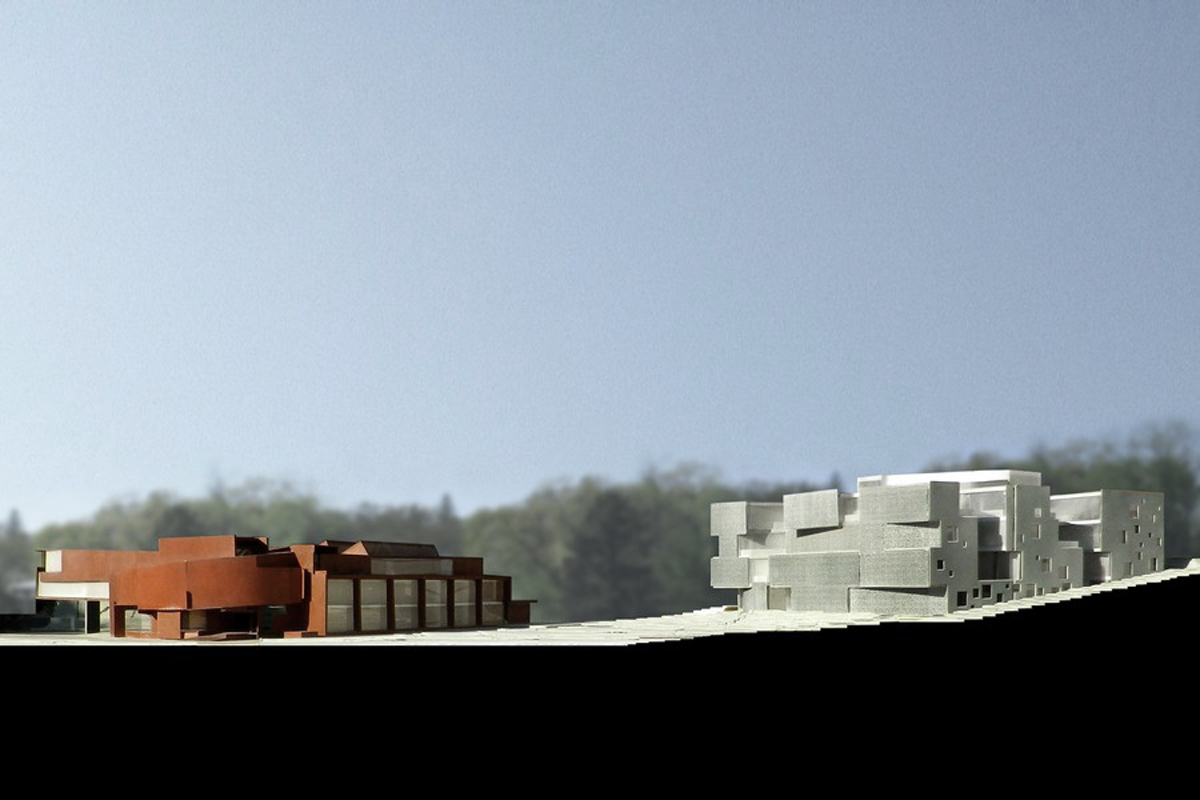
©Steven Holl Architects/BNIM Architects
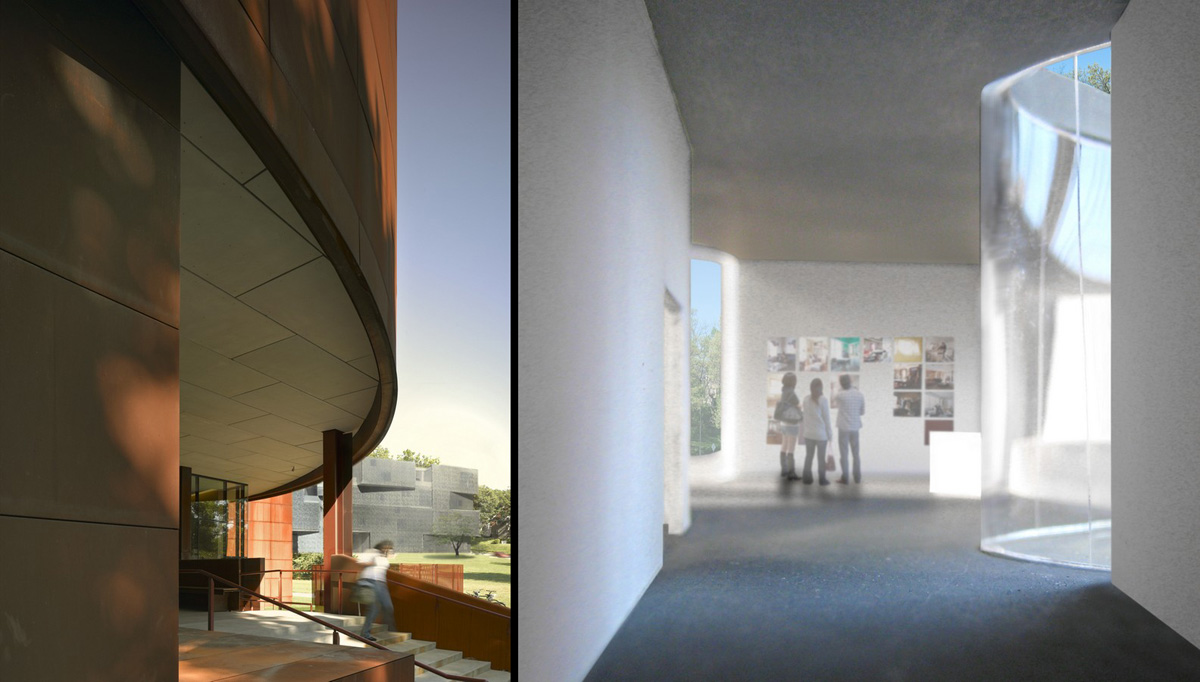
©Steven Holl Architects/BNIM Architects

©Steven Holl Architects/BNIM Architects

©Steven Holl Architects/BNIM Architects

©Steven Holl Architects/BNIM Architects
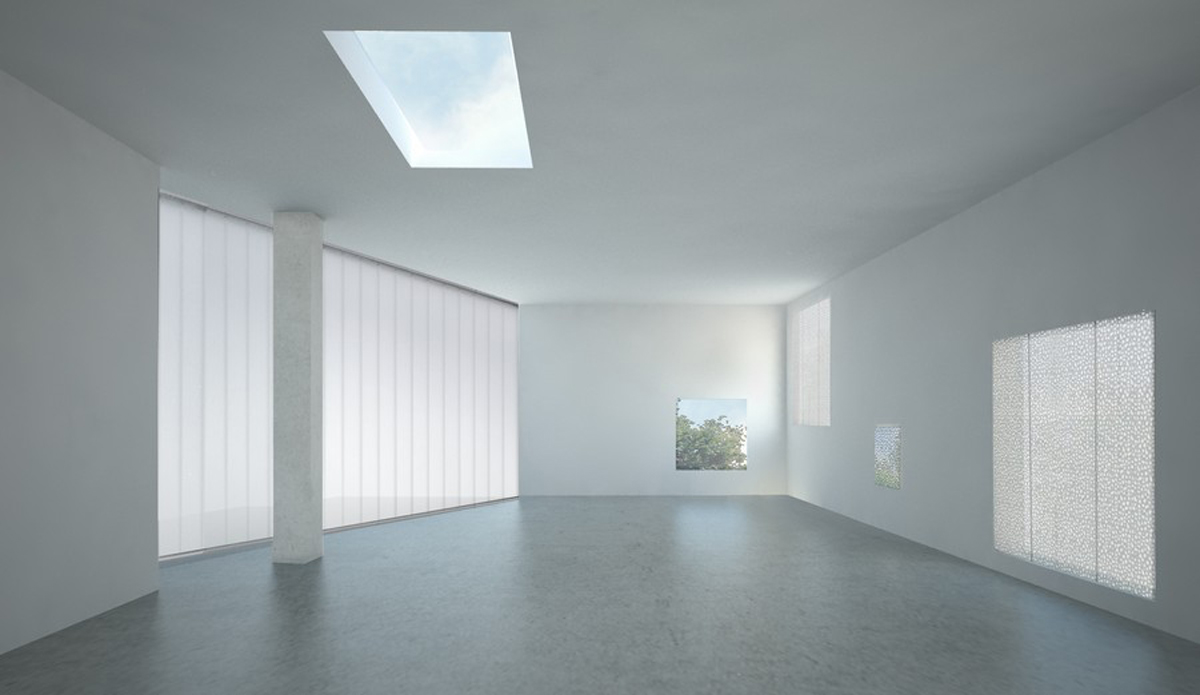
©Steven Holl Architects/BNIM Architects

©Steven Holl Architects/BNIM Architects
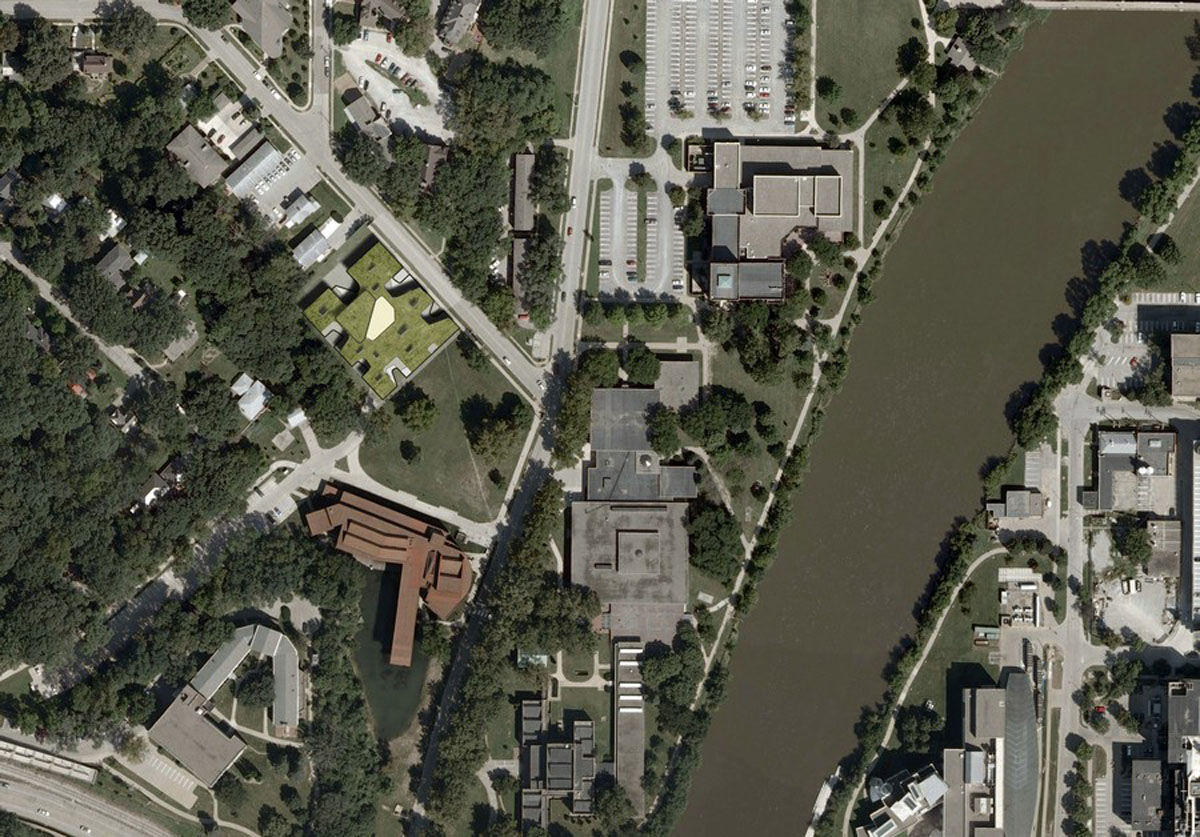
©Steven Holl Architects/BNIM Architects

©Steven Holl Architects/BNIM Architects
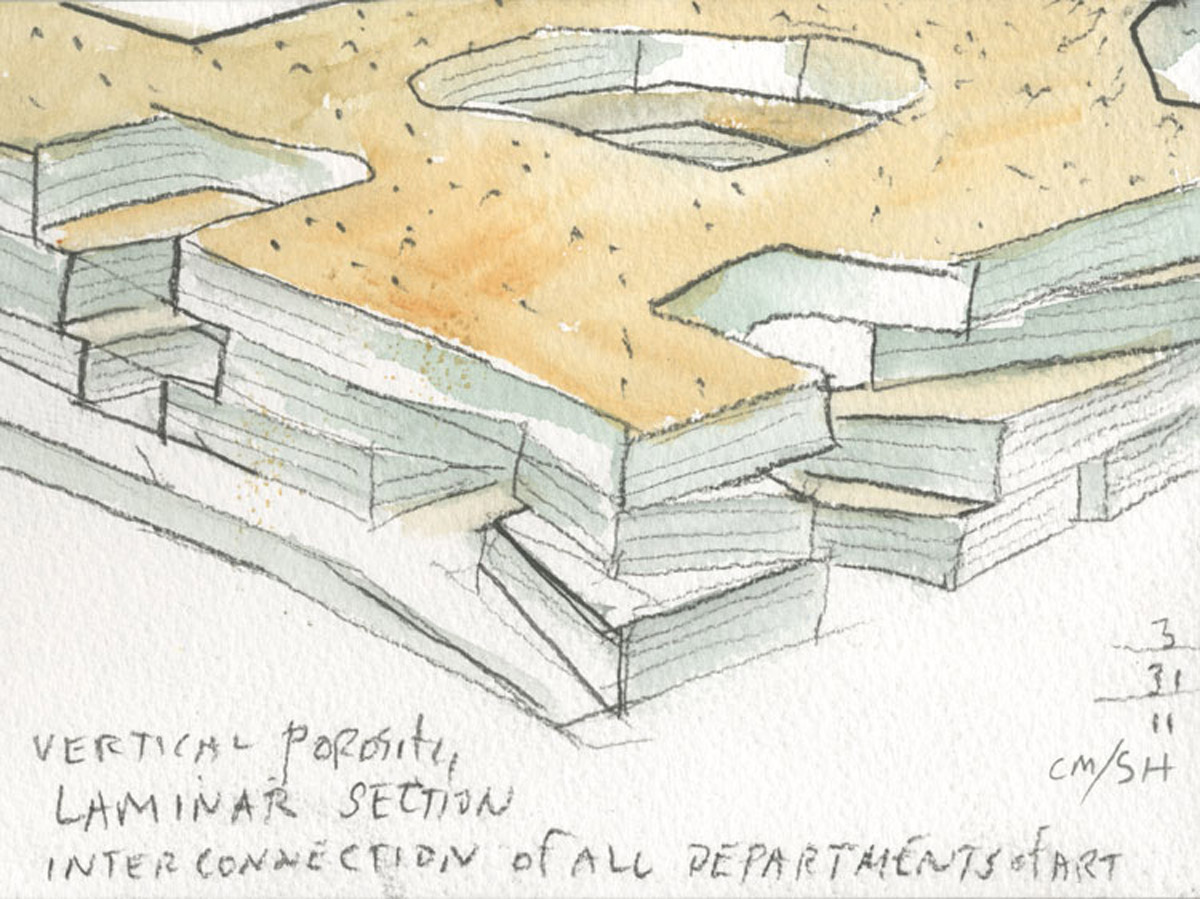
©Steven Holl Architects/BNIM Architects

©Steven Holl Architects/BNIM Architects
Project: University of Iowa School for Art
Location: Iowa City, IA, United States
Architects: – Steven Holl Architects
Client: University of Iowa
Steven Holl, Chris McVoy (design architects)
Rychiee Espinosa (project architect)
Garrick Ambrose, Bell Ying Yi Cai, Christiane Deptolla, JongSeo Lee, Johanna Muszbek, Garrett Ricciardi, Filipe Taboada, Jeanne Wellinger, Human Tieliu Wu, Christina Yessios, Yiqing Zhao (project team)
Associate architects: BNIM Architects
Program: art and art history building, including facilities for ceramics, sculpture, metals, photography, print making, and 3D multimedia; graduate student studios; faculty and staff offices; and gallery space
Size: 126,000 sf
Status: construction phase
Structural engineer: Buro Happold; Structural Engineering Associates
Lighting consultant: L'Observatoire International
Sustainability engineer: Transsolar
Mechanical engineer: Design Engineers
Curtain wall consultant: WJ Higgins & Co.
Civil engineer: Shive-Hattery
Audio/visual consultant: Sextant Group
The new Visual Arts facility for the University of Iowa's School of Art and Art History provides 126,000 sf of loft-like space for the departments of ceramics, sculpture, metals, photography, print making and 3D multimedia. It will also include graduate student studios, faculty and staff studios and offices, and gallery space.
The building replaces an original arts building from 1936, which was heavily damaged during a flood of the University of Iowa campus in June 2008. The new building will be located directly adjacent to and northwest of Art Building West, which Steven Holl Architects completed in 2006.
While the 2006 Arts Building West is horizontally porous and of planar composition, the new building will be vertically porous and volumetrically composed. The aim of maximum interaction between all departments of the school takes shape in social circulation spaces.
In a school of the arts today, interconnection and crossover are of fundamental importance. Today digital techniques open up increased interconnection between all the arts. Interconnection between all of the departments is facilitated in the vertical carving out of large open floor plates. Students can see activities ongoing across these openings and be encourages to interact and meet. Further interconnection is facilitated by glass partitions along the studio walls adjacent to internal circulation.
Natural light and natural ventilation are inserted into the deep floor plates via the "multiple centers of light." Seven vertical cutouts encourage interaction between all four levels. These spaces of glass are characterized by a language of shifted layers where one floor plate slides past another. This geometry created multiple balconies, providing outdoor meeting spaces and informal exterior working space.
Stairs are shaped to encourage meeting, interaction and discussion. Some stairs stop at generous landings with tables and chairs, others open onto lounge spaces with sofas.
The original grid of the campus breaks up at the river, becoming organic as it hits the limestone bluff. The Arts West building reflects this irregular geometry in fuzzy edges. The new building picks up the campus grid again in its simple plan, defining the new campus space of the "arts meadow."
Natural ventilation is achieved via operable windows. A punched concrete frame structure provides thermal mass at the exterior while "bubble" slabs provide radiant cooling and heating. A Rheinzink skin in weathering blue-green is perforated for sun shade on the southwest and southeast.
The building replaces an original arts building from 1936, which was heavily damaged during a flood of the University of Iowa campus in June 2008. The new building will be located directly adjacent to and northwest of Art Building West, which Steven Holl Architects completed in 2006.
While the 2006 Arts Building West is horizontally porous and of planar composition, the new building will be vertically porous and volumetrically composed. The aim of maximum interaction between all departments of the school takes shape in social circulation spaces.
In a school of the arts today, interconnection and crossover are of fundamental importance. Today digital techniques open up increased interconnection between all the arts. Interconnection between all of the departments is facilitated in the vertical carving out of large open floor plates. Students can see activities ongoing across these openings and be encourages to interact and meet. Further interconnection is facilitated by glass partitions along the studio walls adjacent to internal circulation.
Natural light and natural ventilation are inserted into the deep floor plates via the "multiple centers of light." Seven vertical cutouts encourage interaction between all four levels. These spaces of glass are characterized by a language of shifted layers where one floor plate slides past another. This geometry created multiple balconies, providing outdoor meeting spaces and informal exterior working space.
Stairs are shaped to encourage meeting, interaction and discussion. Some stairs stop at generous landings with tables and chairs, others open onto lounge spaces with sofas.
The original grid of the campus breaks up at the river, becoming organic as it hits the limestone bluff. The Arts West building reflects this irregular geometry in fuzzy edges. The new building picks up the campus grid again in its simple plan, defining the new campus space of the "arts meadow."
Natural ventilation is achieved via operable windows. A punched concrete frame structure provides thermal mass at the exterior while "bubble" slabs provide radiant cooling and heating. A Rheinzink skin in weathering blue-green is perforated for sun shade on the southwest and southeast.
Source: Steven Holl Architects/ BNIM Architects
milimetdesign – Where the convergence of unique creatives
Since 2009. Copyright © 2023 Milimetdesign. All rights reserved. Contact: milimetdesign@milimet.com











